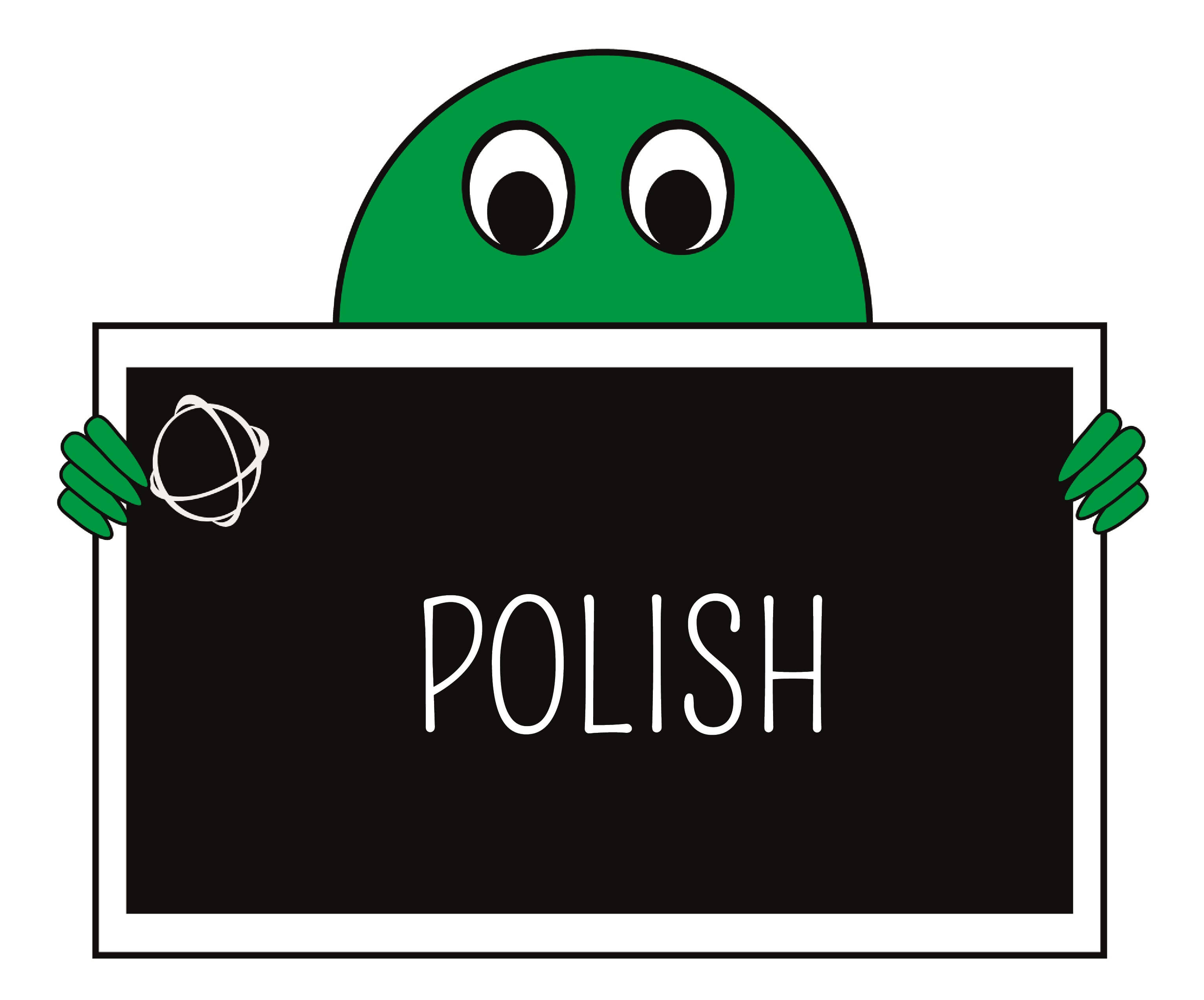Atlas Translations – Translation into Polish
Happy New Year everyone! We’re back to continue our ‘Translation Into’ series, this week looking at translation into Polish.
Translation into Polish
Polish is a language primarily spoken in the central European country of Poland. There are around 50 million speakers globally, with 38 million of these residing in Poland itself. There is also a large community of native speakers in countries including the UK, the USA and Brazil. It is part of the West Slavic group of languages, alongside Czech and Slovak. These languages form a wider Slavic language group, which includes other Eastern European languages such as Russian, Ukrainian and Bulgarian.
History of Polish
Polish was first noted to be a separate language in around 900 AD, coinciding with the creation of the country of Poland, when neighbouring tribes came together under one ruler. It uses a Latin alphabet similar to the one used in Western Europe, and the language has been relatively unchanged since the 16th century. In Poland, it is by far the most commonly-spoken language, with 97% of Poles considering it to be their first language.
As a language it has faced attempted suppression from conquering countries throughout history. From 1795-1918 Poland was not a recognised country due to various invasions, and was instead part of the Russian Empire, Kingdom of Prussia and also Austria. Poland became independent in 1918, but this was short-lived due to the invasion of Nazi Germany in 1939. The Nazis led a campaign of terror and genocide in the country, and the large Jewish population of Poland was destroyed in the Holocaust. When this terrible period ended in 1945, Poland became a communist state. This lasted until 1989, when Poland transitioned to the economically capitalist country it is today.
Globally
Due to poor economic conditions in Poland and decreased travel restrictions after Poland joined the EU, Poland has experienced large-scale migration out of the country by young people in search of better jobs with higher wages. This has led to a large number of Poles or people of Polish descent residing in countries such as the UK, Germany and France. There is also a big Polish community in the United States. Because of the high number of immigrants, Polish is now the third most common language in the UK after English and Welsh – around 550,000 people in the UK can speak Polish (1% of the total population).
The amount of migrants leaving the country has had a negative effect on Poland, especially in the small towns of the poorer Eastern areas, which have seen a large decrease in numbers of young people. However, as Poland’s economy strengthens, many Poles are returning to the country having worked abroad for a period of time. Due to their geographical proximity, there are a number of words that are similar in German and Polish. An example of this is the German word ‘Grenze’, which means ‘border’ and is related to the Polish word ‘granica’.
There are not a huge number of words that have made their way from Polish to English or vice versa, probably due to the short amount of time Polish migrants have been in the UK, with migration only becoming very common in the 21st century. However, Polish foods such as pierogi have become common in England, and the English word ‘gherkin’ comes from the Polish ‘ogórek’. Also, Polish has adopted words from English like ‘komputer’ (computer), ‘korupcja’ (corruption) and ‘dewastacja’ (devastation). In communities with large Polish residents, such as Ealing in west London, it is common to see shop signs written in Polish. This exemplifies the large influence the Polish language and culture has had on the UK in modern times.















